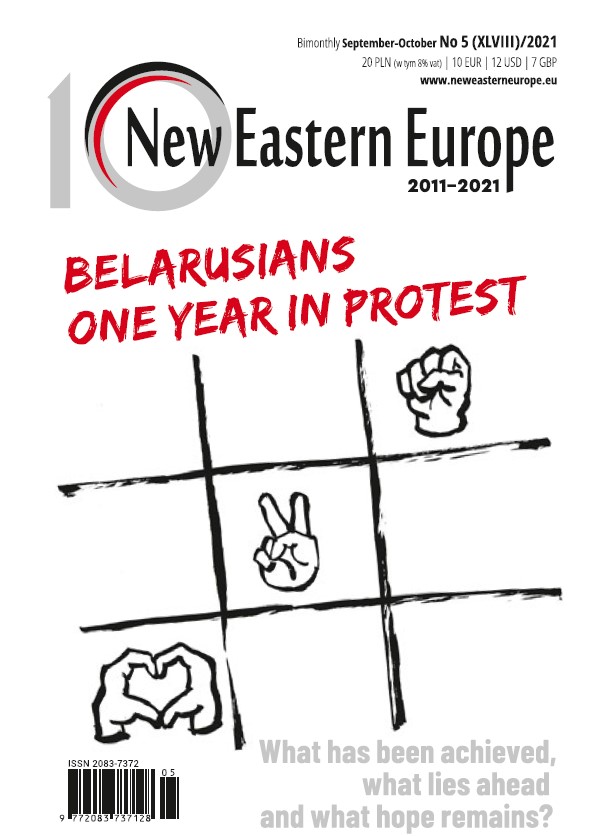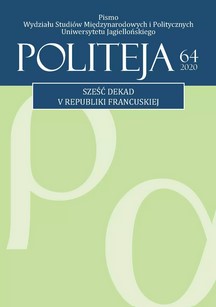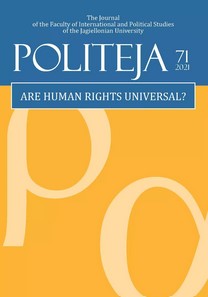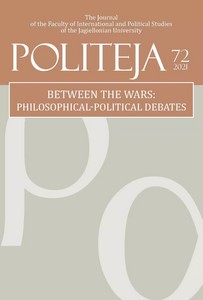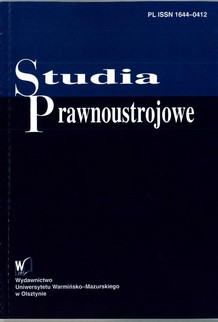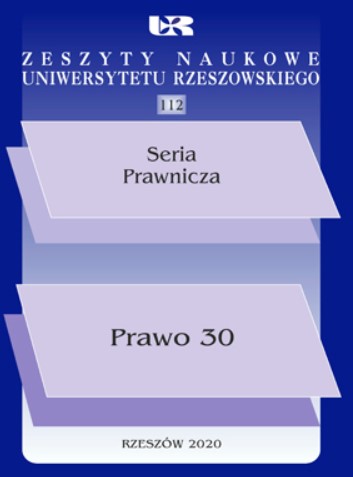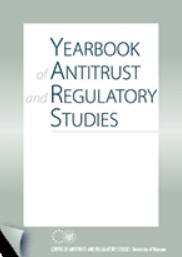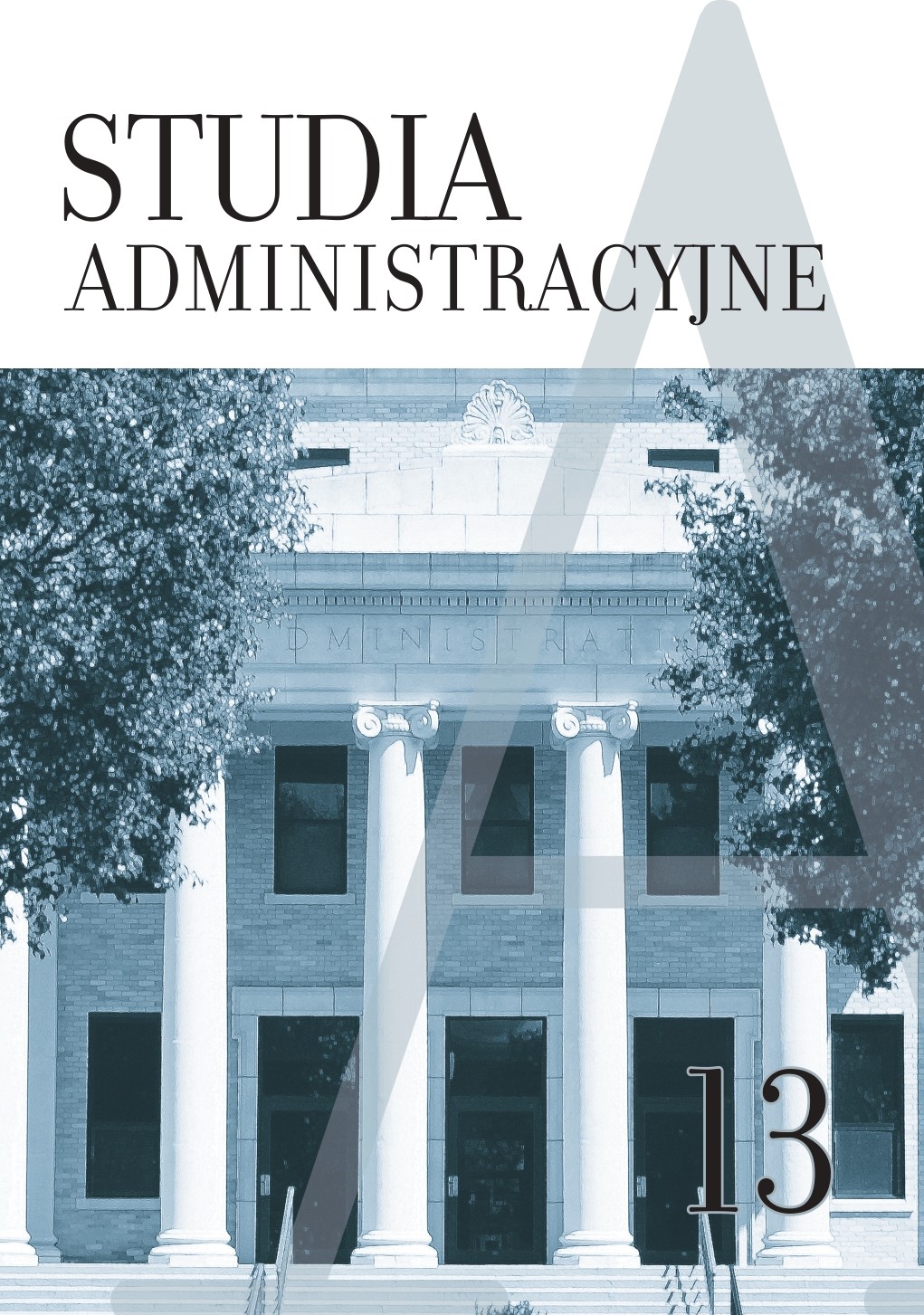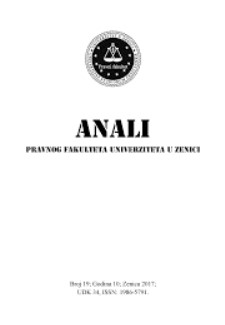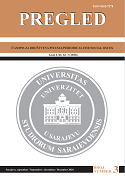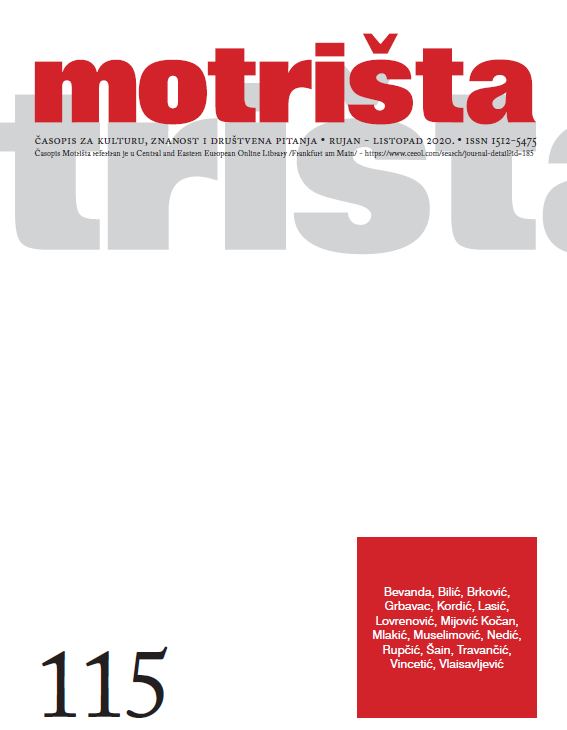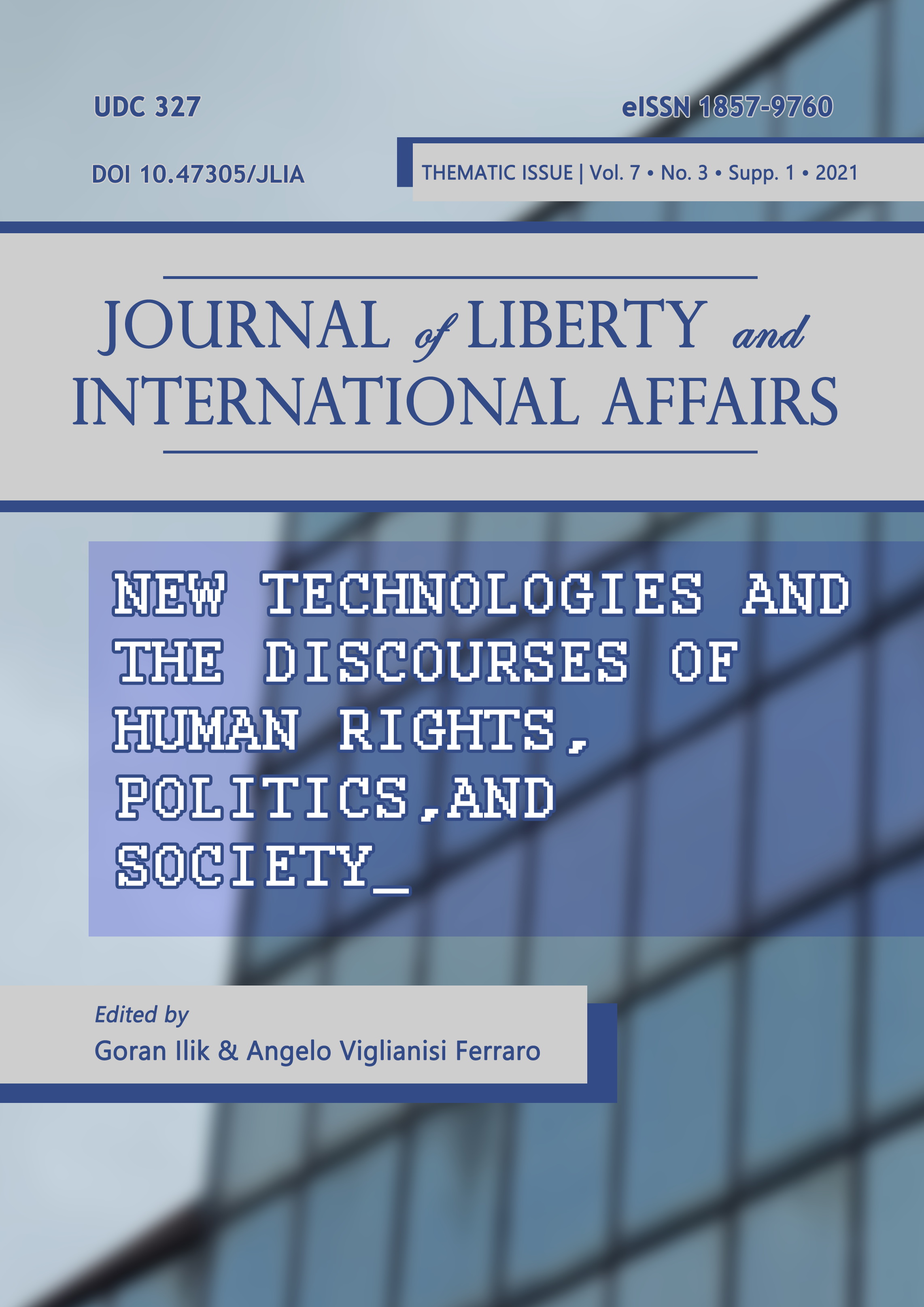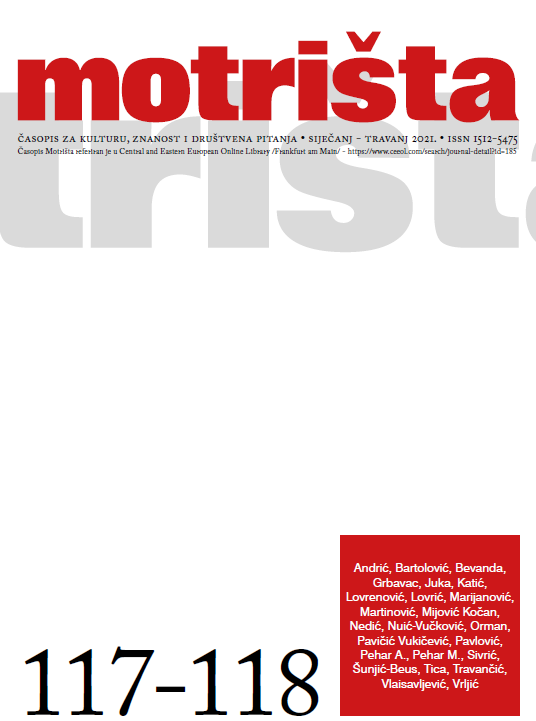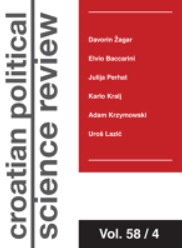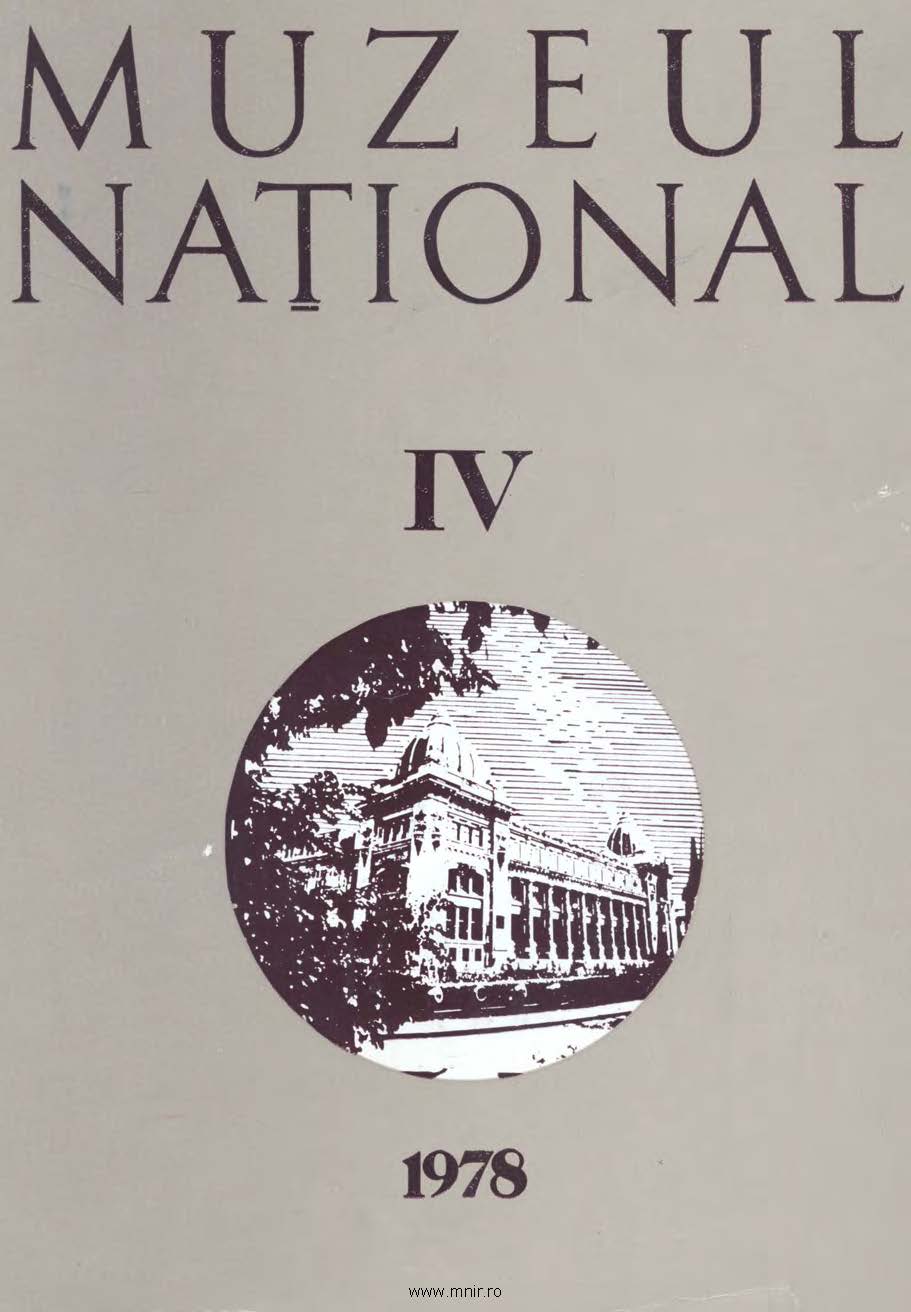
Actul de la 9 mai 1877 și caracterul constituțional
Les motions similaires des Assemblées législatives de la Roumanie (le 9/21 mei 1877) ont non seulement une valeur de droit international — en tant que declaration unilatérale d'Indépendance de l'Etat roumain, reconnue ultérieurement par les autres Etats — mais même une valeur de droit interne. Le fait qu'une condition fondamentale telle l'Indépendance ne revêt pas la forme d'une disposition constitutionnelle semble contradictoire. En réalité, la double motion n'ignore pas la vie constitutionnelle, et ne représente non plus une modification de la loi fondamentale en des circonstances, imprévisibles, qui n'auraient pas permis de suivre la procédure de révision (convocation des Assemblées de révision, etc.). Les deux motions forment — avec les manifestations correspondantes de l'Exécutif — des actes d'irréversible interprétation de la constitution en vigueur (celle de 1866), qui — d'ailleurs — ne se référait nullement à la suzeraineté ottomane. Car, apprécier s'il y avait lieu de modifier la Loi fondamentale et, implicitement, de l'interpréter était de la compétence des Assemblées ordinaires, comme iI résulte de l'art. 129 de la même constitution.
More...
